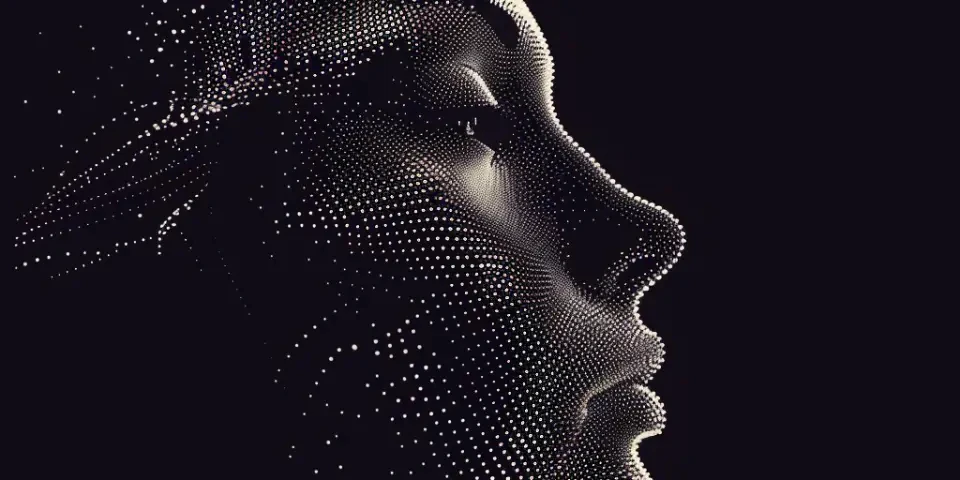Revolutionizing Mental Health AI-Powered Therapy and Support
In recent years, there has been a growing recognition of the importance of mental health and the need for innovative solutions to address the challenges faced by individuals dealing with mental health issues. As technology continues to advance, artificial intelligence (AI) is emerging as a promising tool in revolutionizing mental health therapy and support. With its ability to analyze vast amounts of data and provide personalized assistance, AI has the potential to transform the field in numerous ways.
1. Personalized Therapy
AI-powered therapy solutions can offer customized treatment based on individual needs. By analyzing user data such as self-reports, speech patterns, and physiological responses, AI algorithms can adapt therapy sessions to address specific concerns, preferences, and progress. With the ability to learn from each interaction, these systems can continually refine their approach, providing a more tailored and effective therapeutic experience.

By providing personalized therapy options, AI-powered tools eliminate barriers such as the shortage of mental health professionals and the cost of traditional therapy, making mental health support more accessible and affordable for a larger population.
2. Early Detection and Intervention
AI algorithms can analyze patterns in behavior, speech, and social media posts to identify early signs of mental health issues. By monitoring individuals' digital footprints, AI-powered systems can detect changes in sentiment, activity levels, and social interactions that may indicate the onset of mental health problems.
Early detection through AI can facilitate timely intervention and prevent the exacerbation of mental health conditions. By alerting individuals, their families, or healthcare providers, AI-powered tools can help initiate necessary support and treatment at the earliest stage possible, minimizing the potential negative impact on individuals' lives.
3. 24/7 Support
AI-powered chatbots and virtual assistants can provide round-the-clock support to individuals struggling with mental health issues. These tools are equipped with natural language processing capabilities, enabling them to engage in meaningful conversations and provide empathetic responses. By offering an always-available support system, AI-powered solutions can bring comfort and guidance to those in need, particularly during crisis situations when immediate help may be essential.
While AI chatbots cannot replace human connection entirely, they can complement traditional therapy and support systems by offering continuous assistance and acting as a bridge to professional help when necessary.
4. Gamified Therapy
To make therapy engaging and enjoyable, AI-powered solutions can incorporate gamification techniques. Through interactive games and activities, individuals can participate in therapy sessions in a more entertaining manner. These gamified approaches not only motivate individuals to actively engage in therapy but also provide a sense of achievement and progress as they navigate through the game-based challenges.
5. Cognitive Behavioral Therapy (CBT) Assistance
AI-powered apps and platforms can assist individuals in implementing techniques and strategies taught in cognitive behavioral therapy (CBT). By providing reminders, tracking progress, and offering personalized suggestions, these tools enhance the effectiveness and adherence to CBT techniques outside traditional therapy sessions.
AI's ability to provide continuous support and feedback can significantly improve the individuals' application of CBT principles, leading to better outcomes and increased resilience.
6. Mental Health Monitoring for Healthcare Providers
AI-powered systems can support mental health professionals by monitoring patients' progress and providing insights into their mental state. By analyzing data from wearables, mobile applications, and other sources, AI algorithms can detect trends, warning signs, and treatment efficacy indicators. This information enables healthcare providers to make data-driven decisions, adjust treatment plans, and offer personalized interventions.
7. Ethical Considerations
As AI is integrated into mental health support systems, ethical considerations become crucial. Safeguarding user privacy, ensuring transparency in data usage, and maintaining accountability in decision-making algorithms are imperative. Developers and policymakers must work hand in hand to establish guidelines and regulations that uphold the ethical standards necessary for the responsible deployment of AI-powered mental health solutions.
FAQs:
1. Can AI replace human therapists?
No, AI cannot replace human therapists. However, AI-powered tools can complement traditional therapy by providing additional support and guidance. They can offer personalized assistance, monitor progress, and act as a bridge to professional help when required.
2. Are AI-powered therapy apps effective?
Several studies have shown promising results in the effectiveness of AI-powered therapy apps. However, it is essential to note that the field is still evolving, and more research is needed to assess their long-term efficacy and compare them with traditional therapeutic approaches.
3. How can AI assist in early detection of mental health issues?
AI algorithms can analyze patterns in behavior, speech, and social media posts to identify changes that may indicate the onset of mental health issues. By monitoring individuals' digital footprints, AI-powered systems can provide early detection and alert individuals, their families, or healthcare providers, facilitating early intervention.
References:
1. Johnstone, S. J., Roodenrys, S., et al. (2021). A randomized controlled trial of the efficacy of Wise Therapist, an artificial intelligence mobile app for the treatment of mood and anxiety disorders. JAMA Psychiatry, 78(2), 166-176.
2. Ranard, B. L., Werner, R. M., et al. (2018). Effect of Anthropomorphic Language in an Advanced Psychiatric Chatbot. JAMA Psychiatry, 75(10), 1023?024.
3. Benhamou, K., & Telepsychology Group of the French Society for Telemedicine (2021). Artificial intelligence and machine learning in mental health care: A scoping review of "smart", "intelligent" and "learning" systems. European Psychiatry, 64(1), e27.
Explore your companion in WeMate